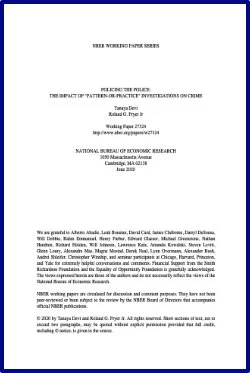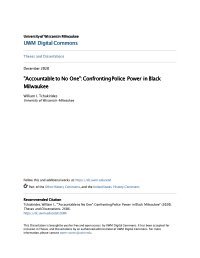By Mylan Denerstein
This is the Monitor’s 23rd report and second report focused on the compliance of the New York City Police Department’s (the “Department” or “NYPD”) Neighborhood Safety Teams (“NST”) and Public Safety Teams (“PST”) with constitutional requirements in executing stops, frisks, and searches. In March 2021, the NYPD initiated NST units in certain precincts to combat gun violence in high-crime areas. Officers in NST units engage in proactive stop, frisks, and searches, and generally they are not expected to respond to 911 calls-for-service. NST officers drive unmarked cars and wear uniforms distinct from those worn by NYPD patrol officers. In June 2023, the Monitor filed the Nineteenth Report of the Independent Monitor (the “19th Report”) with the United States District Court for the Southern District of New York, which contained results of the Monitor team’s 2022 audit of the NSTs. That report concluded that NST officers performed substantially below constitutional standards and had a rate of unlawful Terry stops nine percentage points higher than their counterparts in regular patrol positions. In addition, the report concluded that supervisors in the Department failed to identify and remediate unlawful reported stops. To determine Fourth Amendment compliance with the stops, frisks, and searches conducted by NSTs since the filing of the 19th Report, the Monitor began a second, more comprehensive audit of NSTs and PSTs, another specialized proactive enforcement unit, to assess their compliance with court-ordered reforms. This follow-up report audits NST, PST, and regular patrol officers based on stops, frisks, and searches conducted in 2023. It compares NST officers with their counterparts on regular patrol and in PSTs and measures compliance rates of all supervisors and officers regardless of unit assignment. Based on the 2023 audit, the Report concludes that NST and PST officers are not performing stops, frisks, and searches at constitutional levels, and that supervisors of NST, PST, and patrol officers are not appropriately overseeing their officers. Some of the key findings are below: • This 2023 audit shows that NST officers’ constitutional compliance with respect to stops, frisks, and searches did not improve since the Monitor’s 2022 audit. • In the 2023 audit, NST officers had reasonable suspicion (and thus a lawful basis) for 75% of the reported Terry stops, slightly below the NST percentage of 76% compliance in the 2022 audit. • In the 2023 audit, NST officers made lawful stops at a rate of 75%, 17 percentage points lower than their patrol counterparts’ rate of 92%. • In the 2023 audit, PST officers also made lawful stops at a rate lower than patrol officers, with only 64% of their reported stops being assessed as lawful, which is 28 percentage points lower than their patrol counterparts’ rate of 92%. • In the 2023 audit, NST officers and PST officers overwhelmingly conducted self-initiated stops (70% and 77%, respectively, were self-initiated), while officers on routine patrol primarily conducted stops based on radio runs (68% were radio runs). • In the 2023 audit, regardless of the officer’s unit assignment (NST, PST, Patrol, or other), Terry stops based on a complainant/witness (100% lawful) or a radio run (94% lawful) were nearly all constitutional, while only 65% of self-initiated stops were assessed as lawful. • In the 2023 audit, NST officers had reasonable suspicion for only 58% of the frisks assessed and had a legal basis for only 54% of the searches assessed. • In the 2023 audit, despite significant numbers of unlawful stops, frisks, and searches, command-level supervisors of NST, PST, and Patrol officers only determined that 1% of stops were unlawful and 1% of frisks and searches were unlawful. • In 95% of the stop reports in this audit in which race was identified (N=385) and 93% of the BWC videos assessed (N=697), the person stopped was identified as Black or Hispanic. Of the 397 stop reports in which gender was indicated, 97% were male. Overall, in this audit, 89% of the individuals encountered were Black or Hispanic males. The NYPD must focus on supervisors ensuring implementation of constitutionally compliant stops, frisks, and searches. The Department must improve Fourth Amendment compliance levels and NST and PST units must be better supervised. The ball is in the Department’s hands, and the NYPD can do this. The law requires no less.
New York: New York Police Department Monitor, 2025. 51p.











